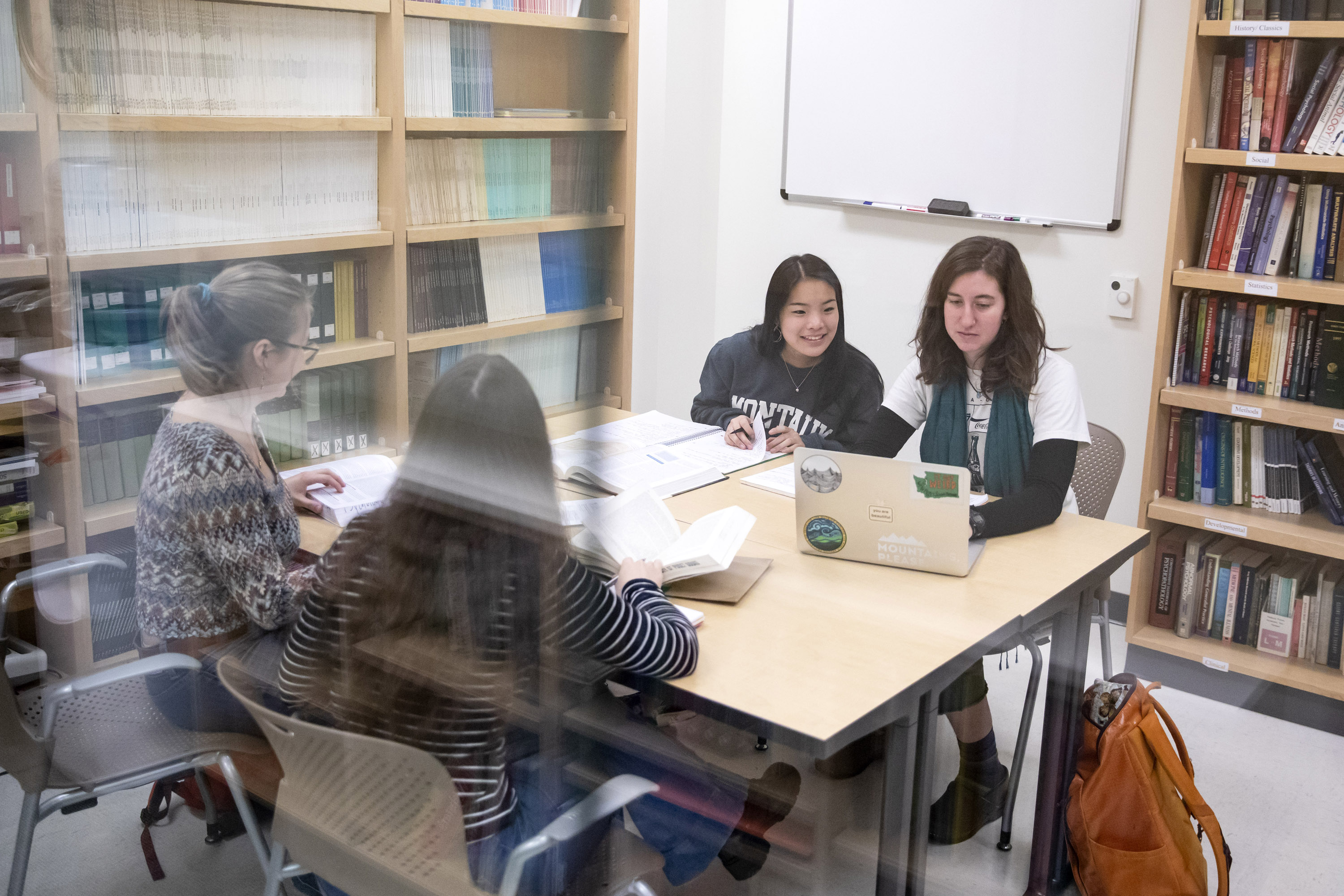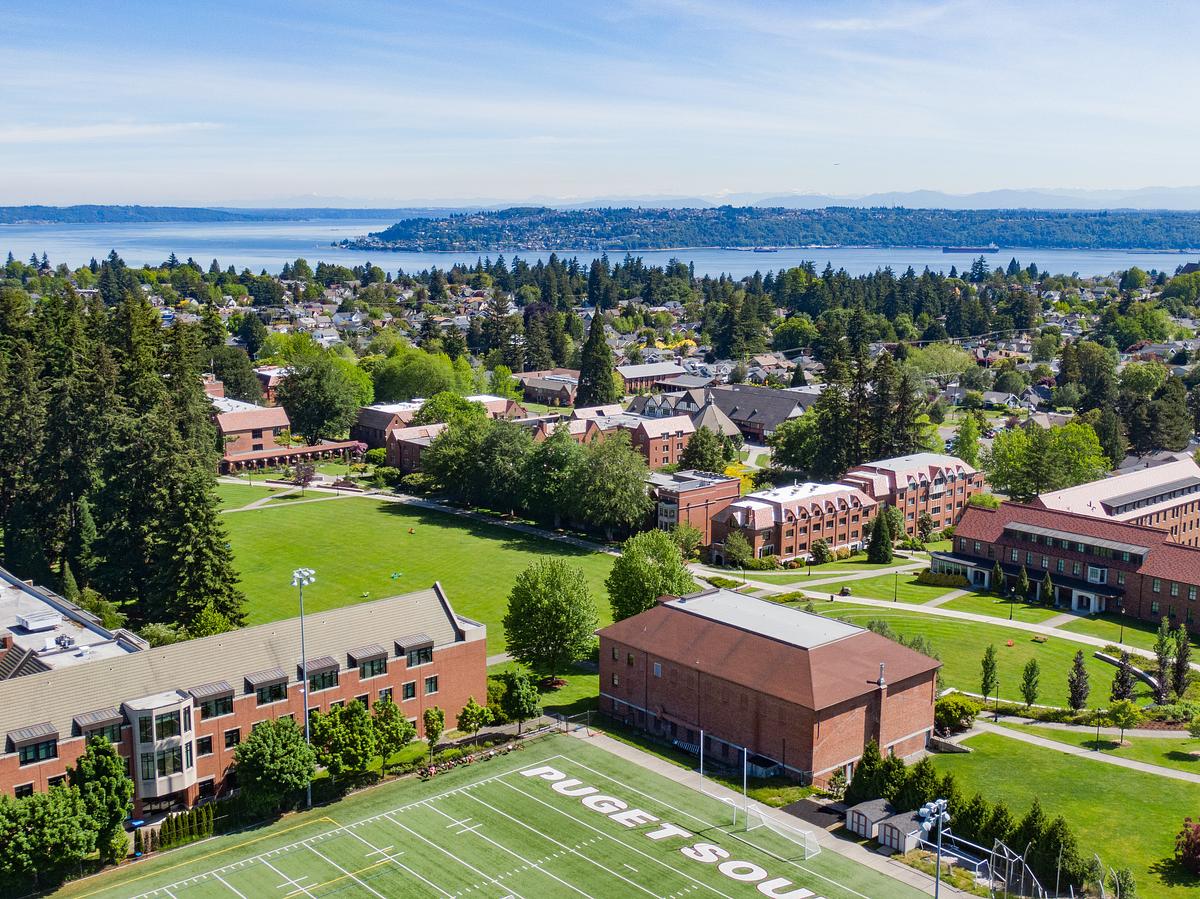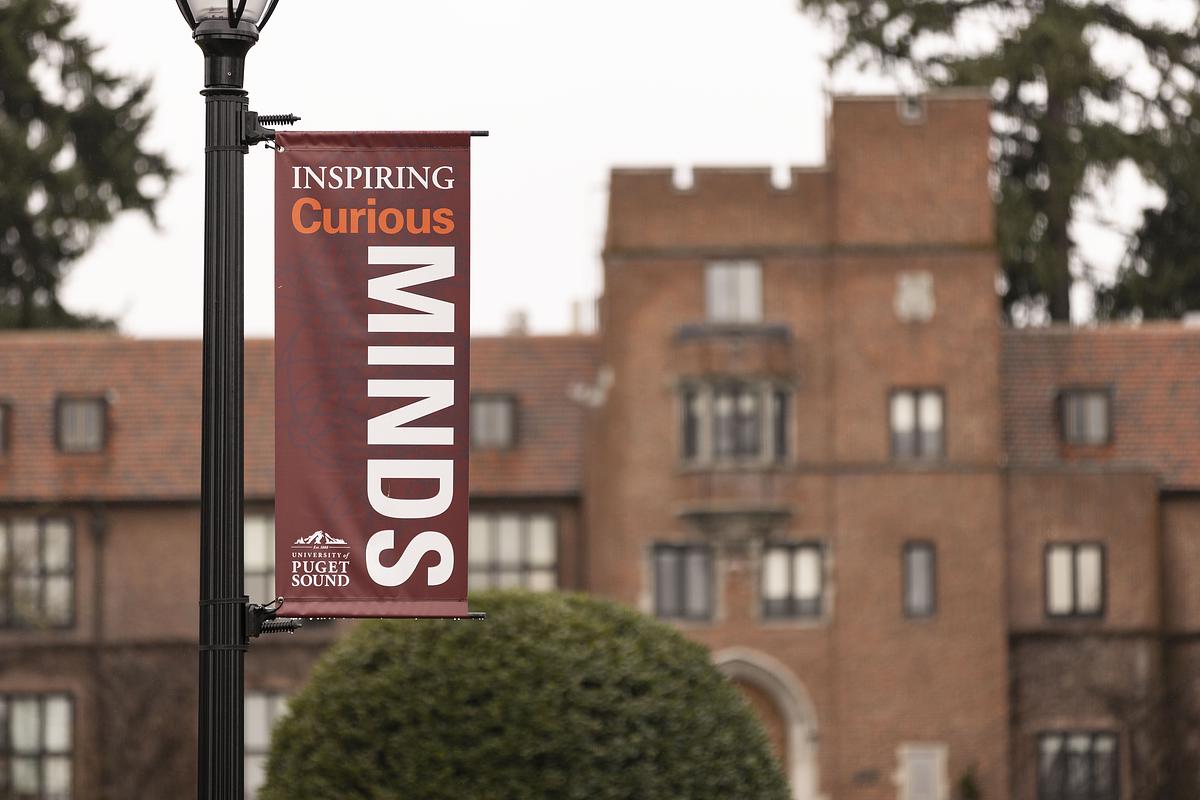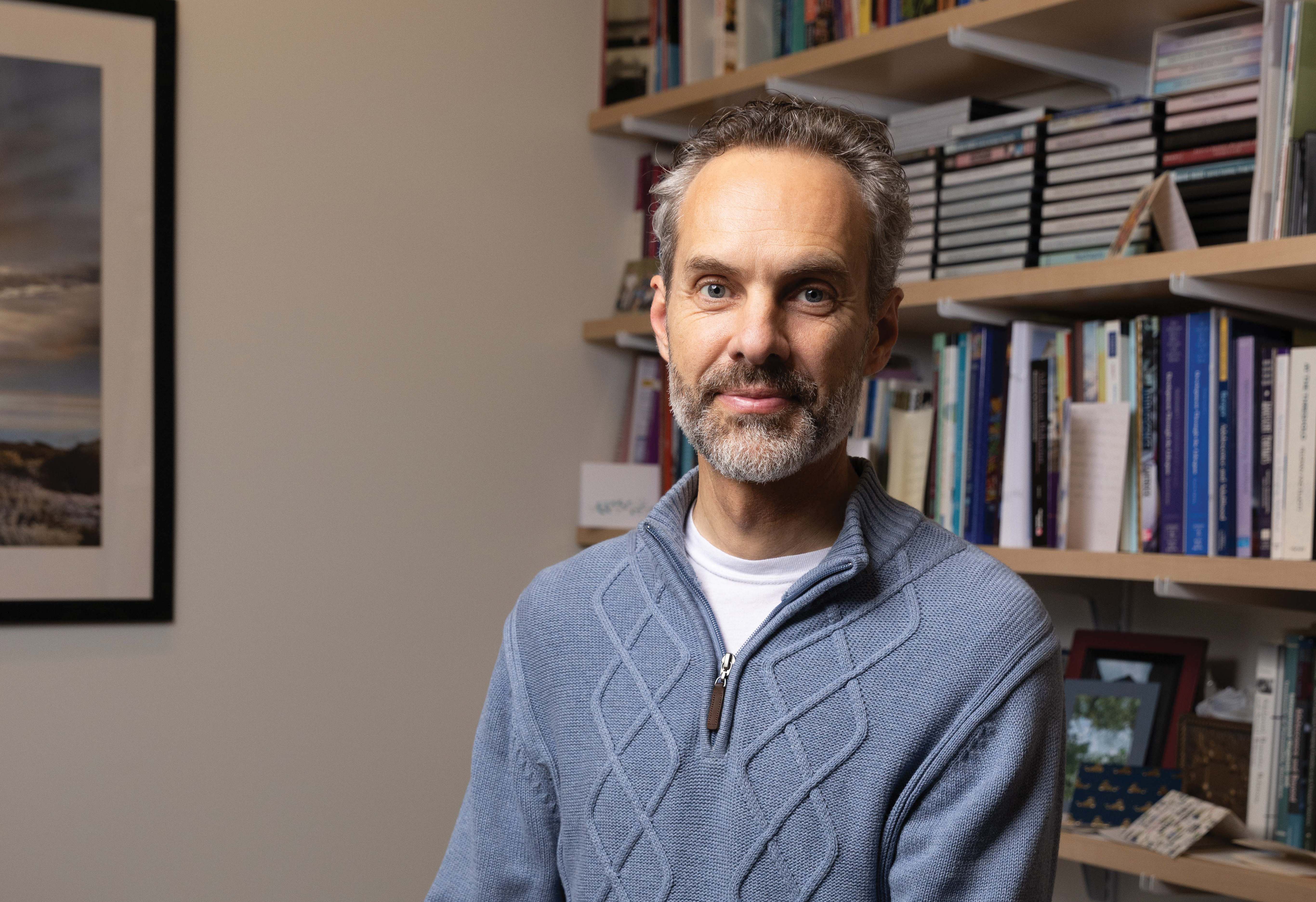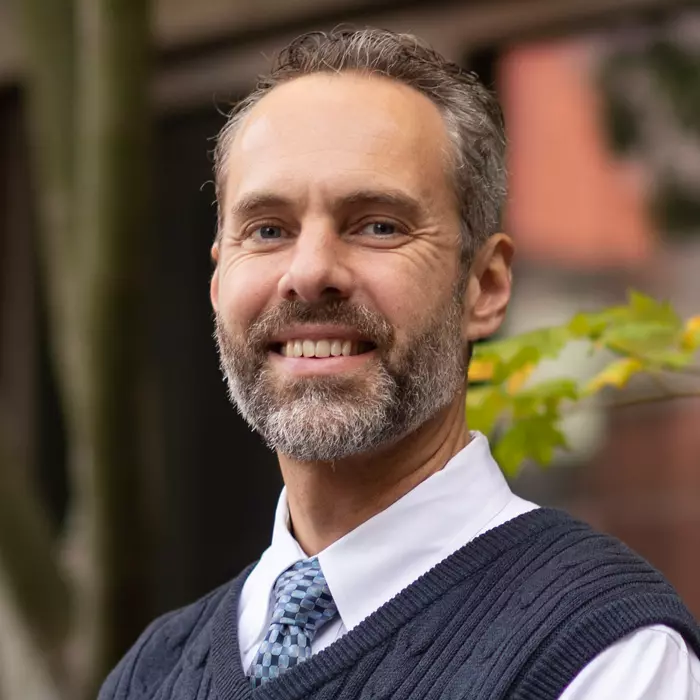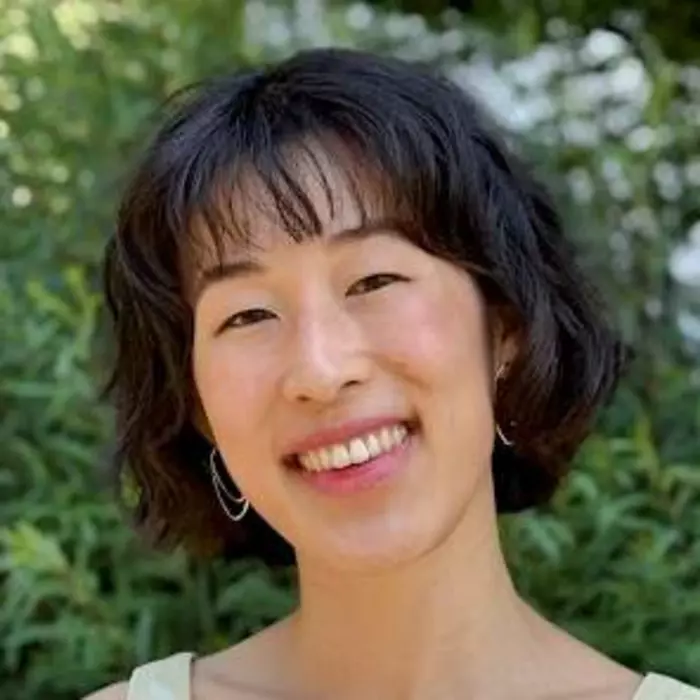What are the driving forces behind thought and behavior? How do children learn about the world? How are memories organized? How do people interact in groups? A comprehensive understanding of psychology requires research training, critical analysis of psychological theories and research, and the ethical application of scientific knowledge.
Puget Sound's psychology department offers courses in many subdisciplines of psychology, including development, clinical psychology, cognition, learning, sensation, perception, biopsychology, personality, social psychology, and industrial-organizational psychology. Within the major, students progress through a series of methods, statistics, and laboratory courses and take upper-division elective courses to explore selected topics in greater depth. Seminars and independent study courses provide opportunities for students to approach contemporary issues in psychology and develop the skills of scholarship at a more sophisticated level.
